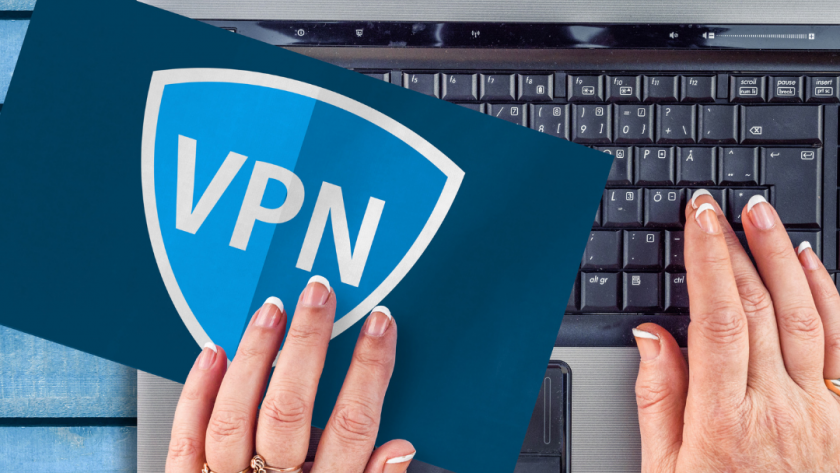What does LAN mean? And what is a VPN? There are lots of unusual IT acronyms that you may stumble across when running a business. This guide explains 10 of the common acronyms you’re likely to come across.
BYOD
Bring Your Own Device. You may see other businesses writing this in job ads. It’s basically a way of telling employees to bring their own laptops and smartphones into work, instead of supplying devices yourself.
DDoS
Distributed Denial of Service. A DDoS attack is a type of cyberattack that involves overwhelming a website with fake traffic in order to disrupt normal traffic. DDoS attacks are typically used to bring down online businesses – this may be used to breach a company’s data or to simply cause chaos.
HTML
HyperText Markup Language. HTML is a markup language used to structure web content. Many website builders like WordPress allow you to use HTML to embed videos or widgets.
IP
Internet Protocol. Your IP address is a unique number that identifies you as an internet user. Websites typically use a visitor’s IP address to access information about that user and send them targeted ads.
ISP
Internet Service Provider. Your ISP is the company you use to provide your internet service – it is not to be confused with IP.
LAN
Local Area Network. A LAN is a computer network that covers a small area such as a single office building, school or library. The opposite of a local area network is a wide area network, which may cover a much larger area.
MFA
Multi-Factor Authentication. This is a modern authentication method used by applications and website. The traditional authentication method (single-factor authentication) involves asking for a username and password. MFA involves asking for a username and password, as well as other authentication such as sending a code to your phone or using facial recognition. It is more secure than single-factor authentication.
MSP
Managed Service Provider. What is a managed service provider for organizations? Generally speaking, a MSP is a company that is outsourced to handle another business’s IT. An MSP can help to monitor your company’s network, fend off cyberattacks, help with bugs, manage your infrastructure and suggest tech improvements. It’s often more affordable than hiring in-house IT employees.
VoIP
Voice over Internet Protocol. VoIP is a form of voice communication technology that uses the internet instead of a landline or mobile network. VoIP phones have become very popular in business because they are relatively cheap and offer added flexibility – you can answer a VoIP number on a range of devices from any location. Using a VoIP phone, you can also more easily digitally track information on phone calls.
VPN
Virtual Private Network. A VPN allows you to use a public network anonymously using your own private network. This allows you to use a public network more securely – a VPN could allow you to use a coffee bar’s wi-fi without the threat of another malicious user trying to access your data. Almost all businesses can benefit from using VPNs.



